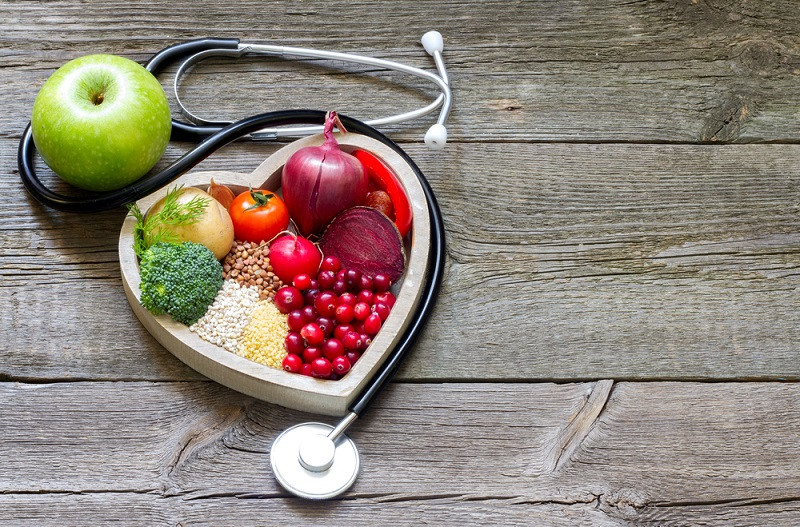Government to restrict use of trans fats following WHO, IPB study
A recent WHO study found that nearly 9 percent of the 130 popular foods and snacks it tested contained trans fatty acids above 2 percent of the product’s total fat by weight, the maximum level the organization considers safe.
Change text size
Gift Premium Articles
to Anyone
 The European Union has adopted a regulation to curb trans fats in products such as snack foods as part of efforts to fight heart disease and stroke in Europe. (Shutterstock/udra11)
The European Union has adopted a regulation to curb trans fats in products such as snack foods as part of efforts to fight heart disease and stroke in Europe. (Shutterstock/udra11)
A
study by the World Health Organization (WHO) in collaboration with IPB University in Bogor has found that many food products in Indonesia contain high levels of harmful trans fats, which have been found to increase the risk of cardiovascular disease by clogging arteries.
Cardiovascular diseases – including stroke, coronary heart disease and hypersensitive heart disease – are the leading causes of death in the country, killing approximately 651,400 people a year. The conditions also cost the state dearly, with the Healthcare and Social Security Agency (BPJS Kesehatan) spending Rp 10.9 trillion (US$678.3 million), or about half of the national health insurance budget, on some 14 million heart disease patients in 2022.
The recent WHO study found that nearly 9 percent of the 130 popular foods and snacks it tested contained trans fatty acids above 2 percent of the product’s total fat by weight, the maximum level the organization considers safe. The high trans fat content is found both in factory-made snacks, such as biscuits and wafers, and street foods like martabak (thick pancakes).
Lead researcher Didah Nur Faridah said at a press conference on Monday that in some of the foods tested, trans fats made up some 22 percent of the total fat content.
"To make things worse, only a few of these products properly listed the trans fat content on the packaging, making it difficult for consumers to identify the unhealthy ingredients,” she added.
Industrially produced trans fats are often used in packaged foods, baked goods, cooking oils and spreads to keep foods fresh for longer, but studies have shown that they are harmful for human health.
Trans fats are considered the worst type of fat to consume as they increases the harmful LDL cholesterol level and lower heart-protecting HDL cholesterol. Trans fats in the bloodstream can lead to blocked arteries, coronary heart disease and stroke, and according to the WHO, the fats are responsible for around 500,000 premature deaths from coronary heart disease a year.


















